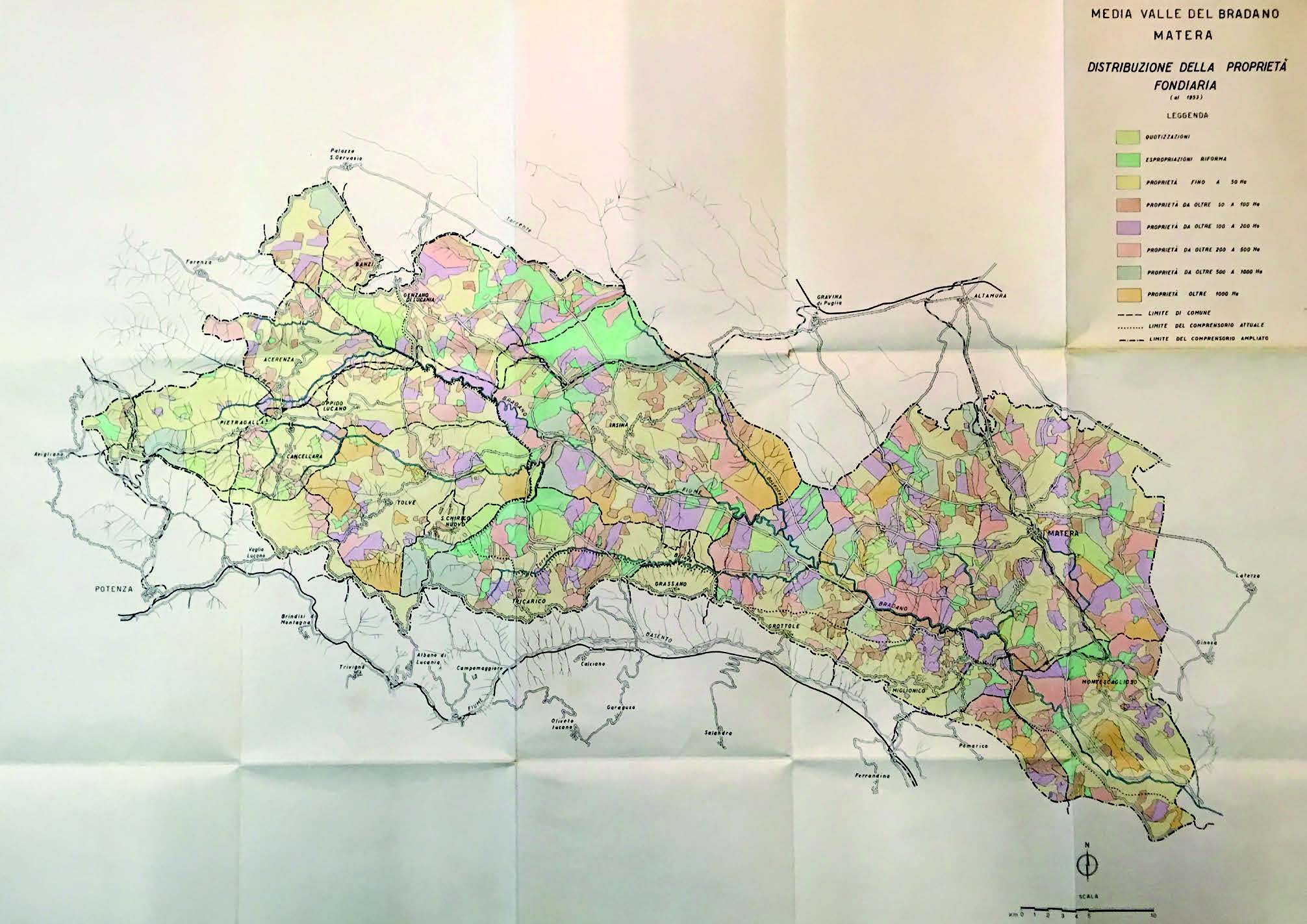Bureaucracy Designs. Mazzocchi Alemanni and Rossi-Doria’s approaches to rurality and regional planning: 1946-1955
Contenu principal de l'article
Résumé
In the aftermath of World War II, the Italian discourse on planning turned to regionalism as a model to look at. Architects and planners quested for substantial alternatives in urban design. Fascinated by the American examples, they emphasized the need of establishing a cooperative and democratic process of planning which could involve the urban and the rural at once. On the other hand, US aid for postwar reconstruction urged the Italian technical bureaucracy to explore new forms of regional development that, in line with the overseas experience, could uplift the landscape of southern Italy from its structural backwardness and provide the design tools for an overall land reform. Against this contrasting background, two river basin authorities in the Lucania region started updating their old development plans to obtain funds from the United States agencies. This paper highlights an off-radar case study, with the aim of presenting and understanding some of the key aspects featuring in the Italian discourse on rurality and regional planning. It deals with the work of the Metaponto and Bradano Valley Authorities and their consultants – the agrarian economist Manlio Rossi-Doria and the agrarian engineer Nallo Mazzocchi Alemanni – framing their key but often underestimated role in the multilayered Lucanian experience. Inscribed in the contemporary debate on land reform and resettlement, the pragmatic and technical stance of Rossi-Doria and Mazzocchi Alemanni would provide the foundation upon which to unfold the contested and multifaceted influence of the American models as well as the interweaving of contradictory ideologies deployed by intellectuals and activists looking at alternative forms of democratic planning.
Details de l'article

Ce travail est disponible sous licence Creative Commons Attribution - Pas d'Utilisation Commerciale - Pas de Modification 4.0 International.

